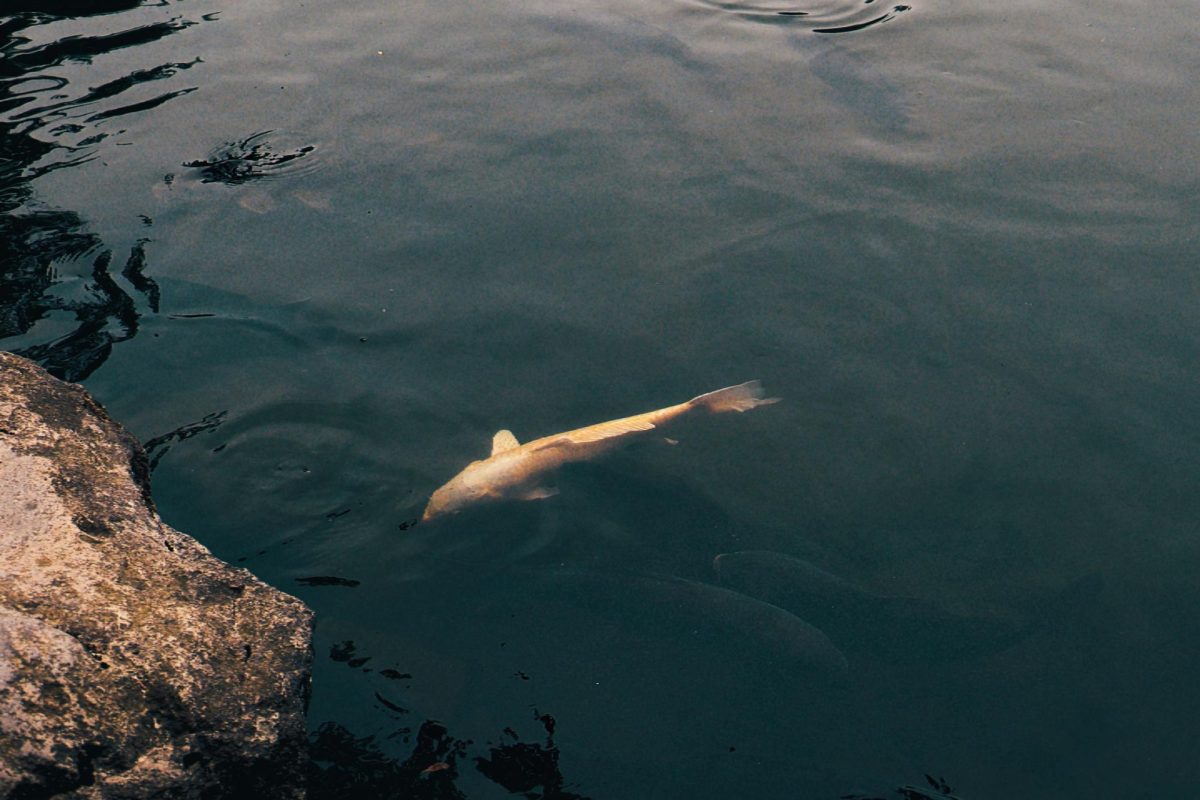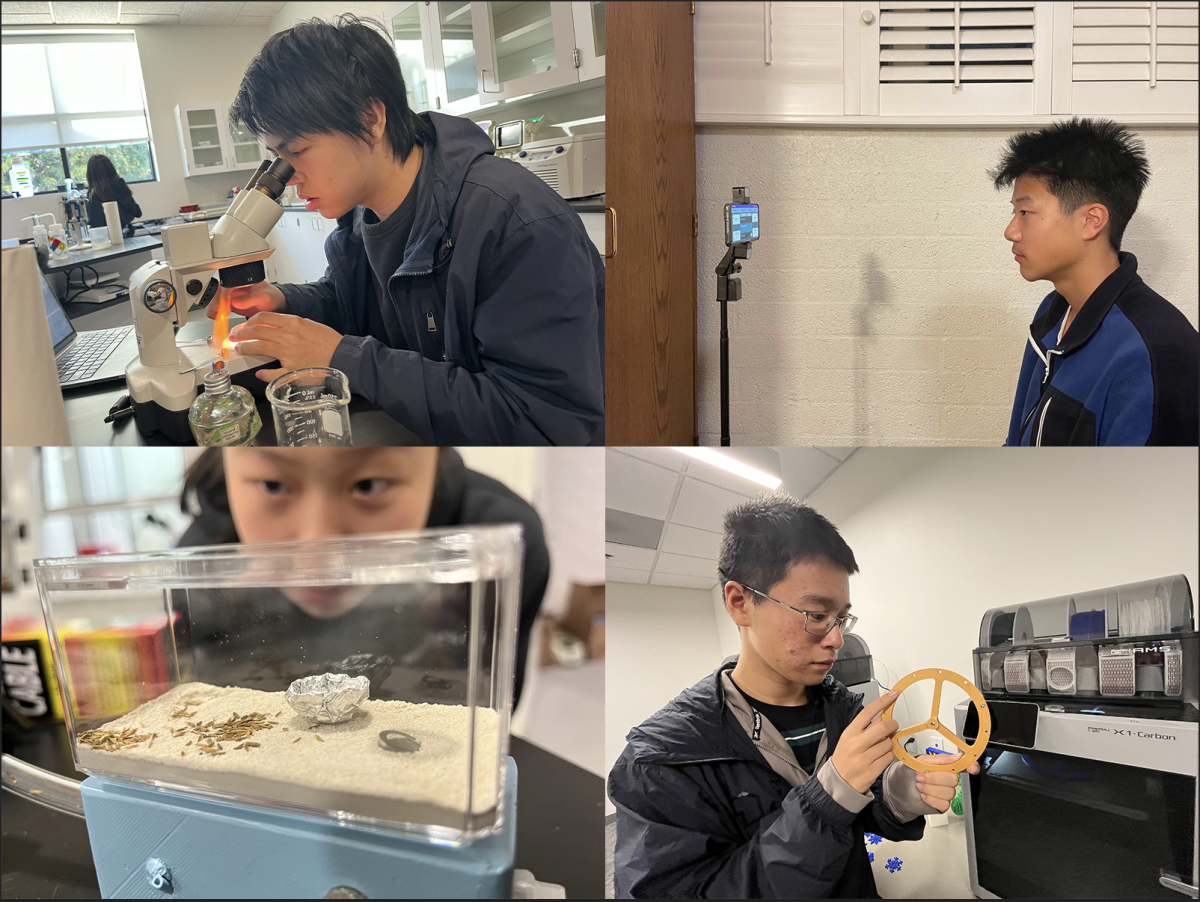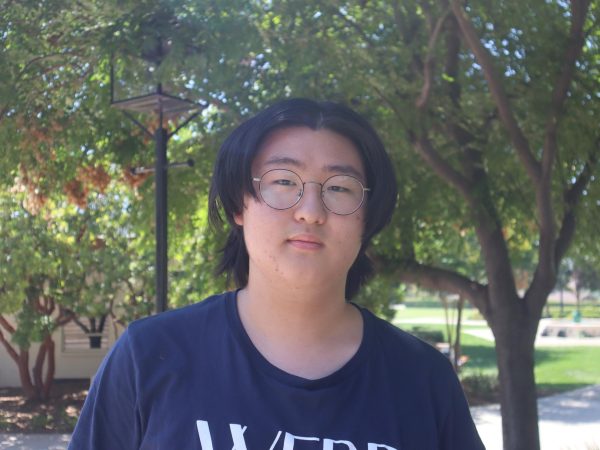Sushi day, a beloved day for many Webb students, may never be the same.
On August 24th, Japan officially began to release nuclear wastewater into the ocean on the coast of Fukushima off Honshu Island. This geopolitical controversy has been under inspection for years after the nuclear meltdown since March of 2011. Now that the pumps are activated, media from different countries presents conflicting facts and opinions, with conflicting reports emerging between various demagogues and incoherency. Whether the wastewater presents a danger remains unclear.
“The first thing that anyone should do when looking at an issue like this is to consider the sources, what their motivations are, and any bias for the intended audience and for the source itself,” said Megan Macphee, Humanities department faculty.
Japanese media reports, mostly published by the Fukushima Prefectural government, called the dump “a step for Japan’s revitalization” from the Great East Earthquake and the nuclear disaster, and claimed it is warmly supported by Japan and other countries.
The Ministry of Economy, Trade and Industry has posted statistics that demonstrated the disposal kept the pollution index within safe limits and that seafood consumption would not be affected.
Internationally, Japan has remained transparent about their statistics and results of testing. Tritium levels recorded in the vicinity of the area remained below the detection limit of 10 Bq/L. Fish caught within four kilometers of the discharge pipe had no recordable amounts of tritium in them, it has been safe so far.
However, it is also worth noting that these web pages were created with the imagery of fresh fruits and vegetables, along with colorful greens and blues to create themes of healthiness and cleanliness, affecting the viewer’s subconscious impression of the issue.
Due to its geological proximity and political tensions with Japan, China expresses a generally negative opinion of the dump. An independent article on Tencent News states that although Japan claims that wastewater is diluted to a safe amount, nuclear wastewater is not the same as regular contamination, and the currents will then take the radioactive water and spread it across the Pacific Ocean. Fukushima nuclear wastewater contains the radioactive isotope of carbon, carbon-14, and tritium which is readily absorbed by marine organisms, and the concentration in fish can be up to 50,000 times the normal value. For this reason, the Chinese government banned fish imports from Fukushima.
“I think many food restaurants will import fish from somewhere else before there is clear research showing that there will not be any significant effect on seafood,” said Annie Huang (‘24).
Compared with portrayal by other nations, American media is more neutral, representing opinions and experts of different sides. American media portrays a fuller picture of the current situation with the Japanese government and certain experts saying that it is safe while protests in Japan and other experts saying otherwise.
In addition to the information present, the wording is more neutral as well. NPR, an American media outlet, uses neutral words like “approved” when describing the International Atomic Energy Agency’s decision to let Japan dump its wastewater. On the other hand, Chinese news sources criticized this decision as “极其不负责,” or extremely irresponsible.
Most American citizens seem to not even be aware of this issue, let alone have a strong opinion.
“I didn’t even know about this before you asked me,” said Ava Darby (‘25), a local student. “I usually read the news too but haven’t seen this in the news at all.”
On the other hand, surveys of South Koreans show that according to a Gallup Korea poll of 1,002 people showed that more than 80% of respondents oppose the Japanese discharge plan, and many citizens have expressed anger and mistrust of seafood after the wastewater dumping. Media has certainly had an impact on people’s perceptions.
“[Japan is] certainly putting in a lot of effort to reduce the impact,” said Sehoon Kang (‘24), an international student from Korea. “But they’re definitely not transparent enough, that’s why people are concerned.”
The Korean Central News Agency released a statement from a spokesperson from the North Korea’s Foreign Ministry, who said that the release of contaminated water into the ocean is an inhumane act that threatens the Earth’s ecological environment and the survival of humanity. The representative also expressed concerns over the dangerous radionuclides in the wastewater in addition to tritium, which contains large amounts of extremely dangerous radionuclides, including cesium, strontium, and ruthenium.
With Webb’s science department, Webb’s science teachers all hold varying and different opinions.
“Tritium doesn’t accumulate in organisms at all, because it’s kept as a liquid,” said Sawyer Belville, Science Department faculty. “So as soon as liquid is excreted, it comes out.”
Research published by TEPCO and other independent researchers supports the general safety of tritium in relation to the human body.
However, Dr. Joe Martin, Science Department faculty, has a different view on the consumption of fish and the tritium that goes with it.
“Low-level toxic compounds accumulate in humans who consume fish with them, leading to elevated toxin levels, including tritium,” said Dr. Martin.
Further investigation reveals that marine creatures that consume tritium can store up to 56% of it in their muscular tissue and up to 36% of it in their livers. Tritium in the liver is bound in non-exchangeable forms to a degree of about 50%.
Until the food chain process has been completely carried out and the particles absorbed into the human body, we are blind to the consequences of the wastewater. In fact, different media sources even obscure the truth, with some evident events, such as Japanese protests, being denied. Journalism — to unearth truth — has transformed into a tool used in political conflicts.





![All members of the Webb Robotics Winter season teams taking a group photo. Of note is Team 359, pictured in the middle row. “It was super exciting to get the win and have the chance to go to regionals [robotics competition]” Max Lan (‘25) said. From left to right: Max Lan (‘25), Jerry Hu (‘26), David Lui (‘25), Jake Hui (’25), Boyang Li (‘25), bottom Jonathan Li (’25), Tyler Liu (‘25)](https://webbcanyonchronicle.com/wp-content/uploads/2025/03/Screenshot-2025-03-10-at-2.41.38 PM.png)








